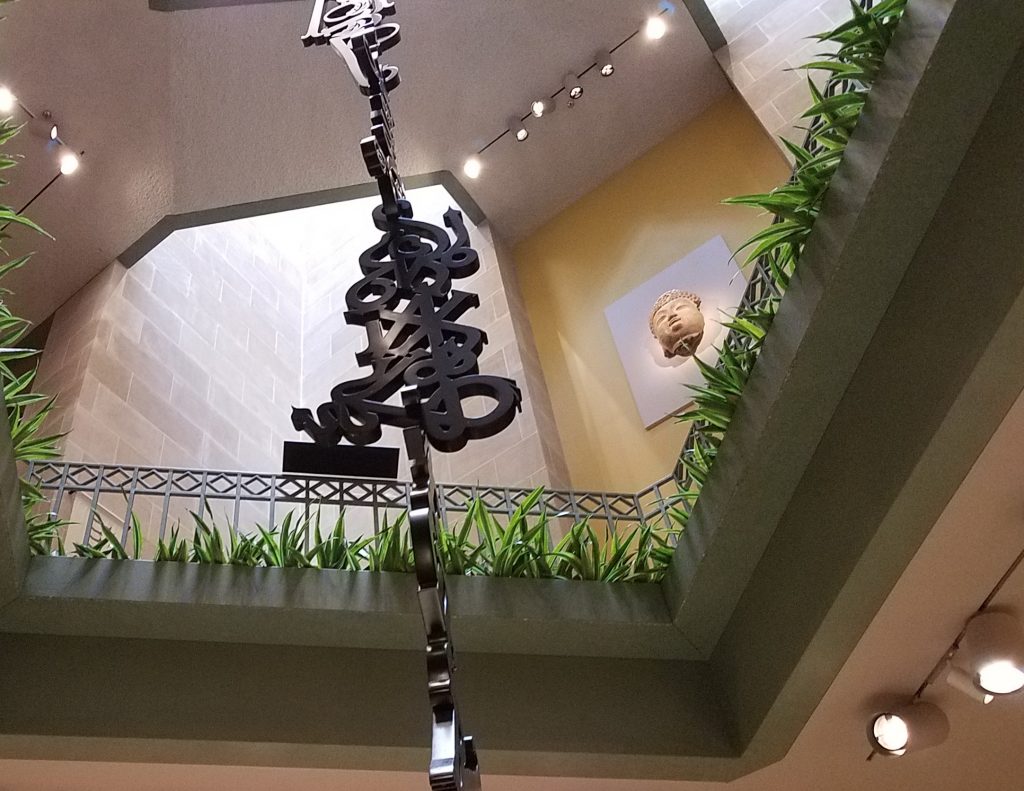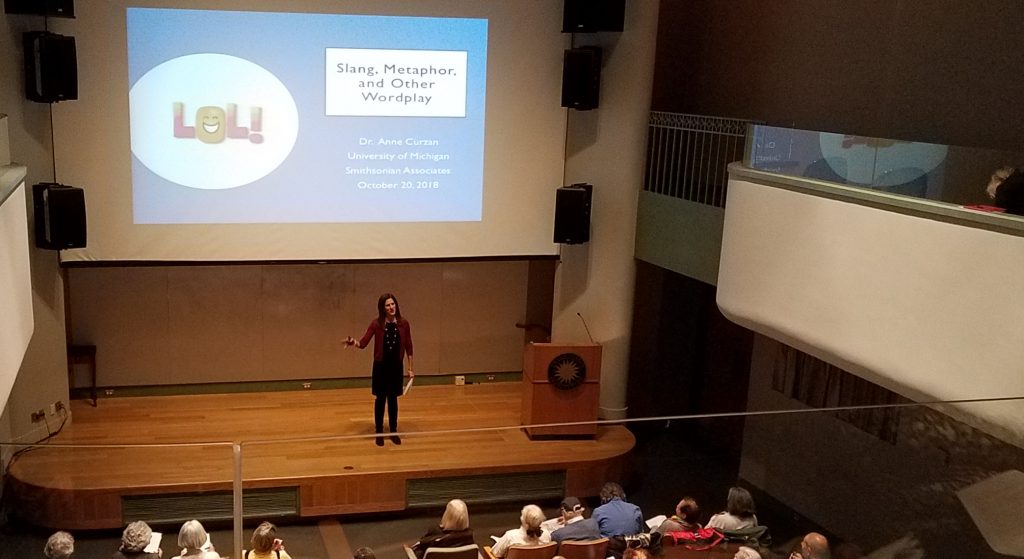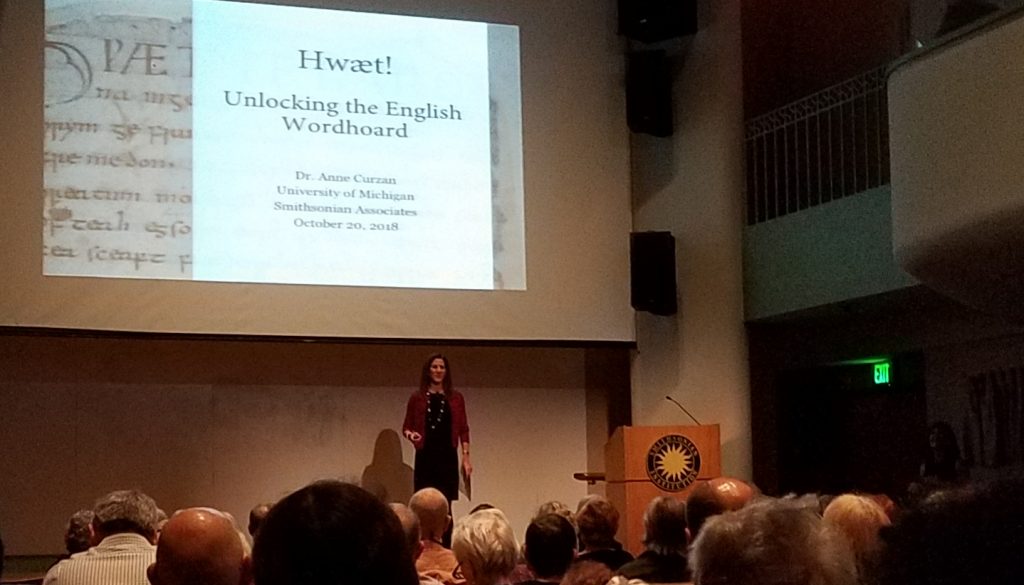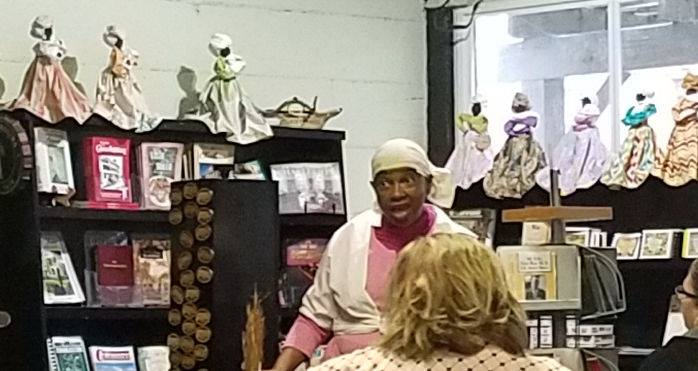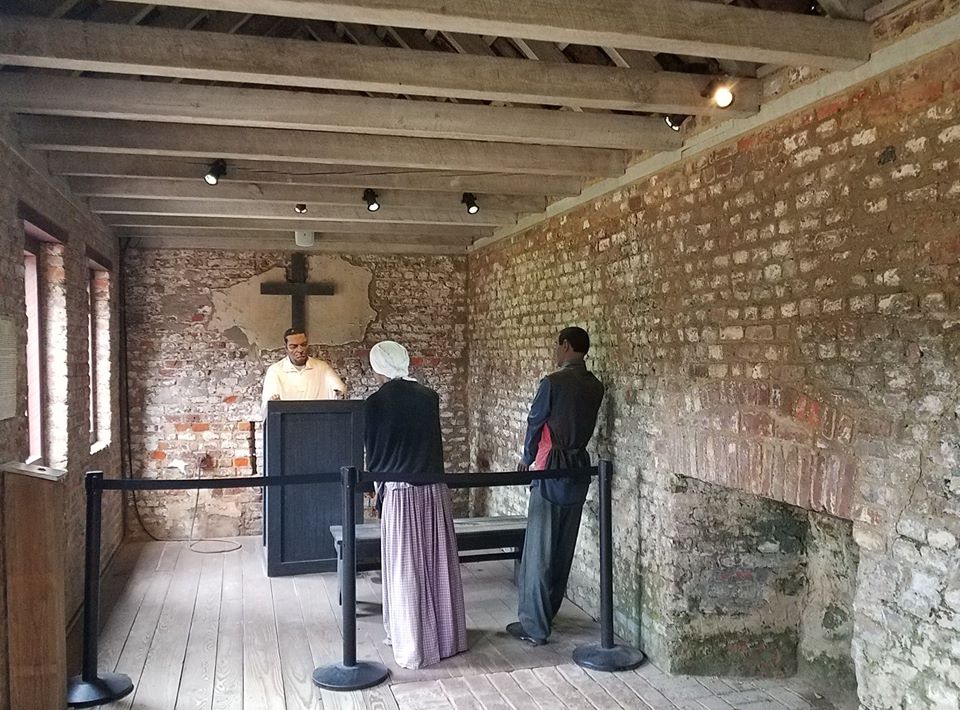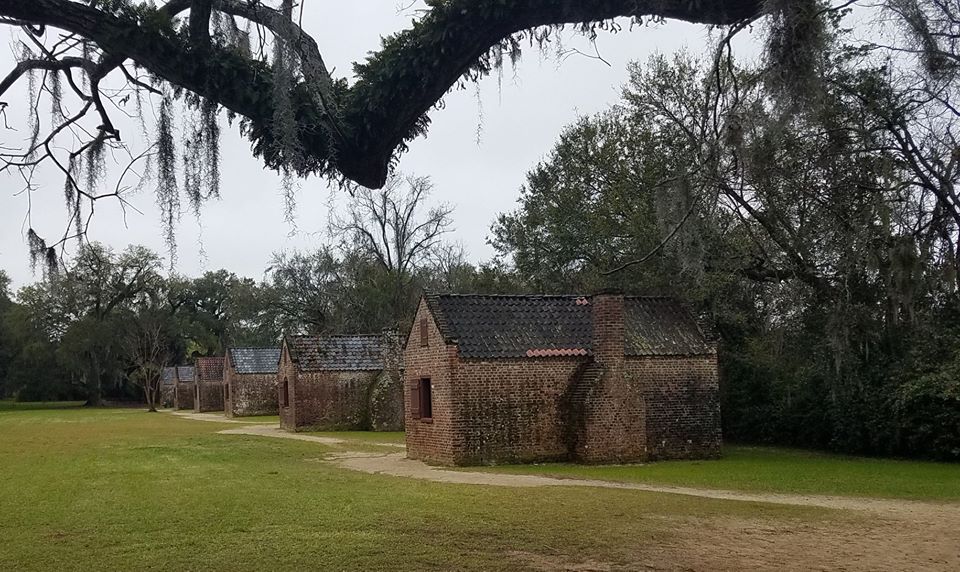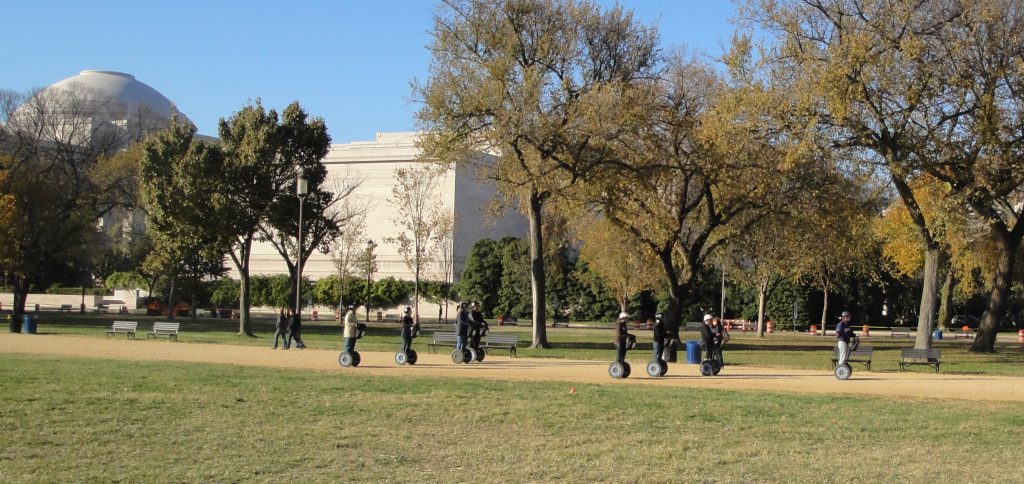My story worth for this week. What were you doing when you were 40?
I thought it was the best of times, and it was the best of times up to then. The worst of times was just around the corner, but I didn’t know it at that time and that is another story.
It was the middle of my time as public affairs officer in Krakow. It was the best possible job I could have had at my rank and I knew it. Poland was emerging from the darkness of communism and it was an amazing privilege and joy to be there to watch it, have a small part in helping it along. You could see the improvements week-by-week. The air was getting cleaner. Shops were opening and electricity was becoming more reliable. It was like springtime after a long, dark and dreary winter. And my work was rewarding. Opportunities were so thick that my only problem was deciding among them. I got rock-star reception everywhere I went. I liked to think it was me, but I knew that they really loved the America I represented and that was okay too.
My Polish was not great, but it got me what I needed. Polish is hard for English speakers & Poles were glad to hear Americans speaking their language. They seemed to have no problem understanding, but I think my accent was amusing. My nearest guess is that I sound like Pepe Le Pew. I often talked on radio or TV, so it was not an impediment. My best teacher was my driver – Bogdan. My district included the whole south of Poland. Visiting all the places I needed to go kept me on the road. Bogdan and I spent many hours driving together, so much so that my more educated staff members joked that I should not talk so much to Bogdan. I was starting to sound like a peasant, they said. I think it was a joke.
Representing the USA in those days opened lots of doors and gave me lots of work. In retrospect, I think that I worked too much, more precisely that I did not adequately understand the nature of diplomatic work. I should have focused on fewer priorities and applied more leverage to everything else. Good diplomats work through others. I did too much myself and did not let others do as much as they could. I don’t beat myself up too much on this. This is common behavior of mid-level officers. Later when I was the big boss, mentoring younger officers, I tried to explain, but they more often did what I did, not what I said. Maybe it is a stage we need to go through on the way to better understanding. There is a time for energy, after all. It was my job to tell them and their job to do something else. And even looking back with my greater experience, I still judge my time in Krakow was a great success, despite my youth and inexperience.
A few anecdotes from those times.
Espen was a little boy and he learned Polish, at least at the little boy level, but he would never speak Polish with me. He claimed he could not. I heard him speaking to the cleaning woman in fluent Polish, so I asked him about it. “I thought you could not speak Polish,” I told him. He answered, “I don’t speak Polish. Those are just the words I have to use with her.” What an insight! That is one reason why kids can learn language so well. What is language, after all? You make a series of sounds and something happens.
My funniest Polish radio interview had to do with Christmas traditions. The interview was going well. I thought we were talking about Christmas trees. I talked about the tradition of decorating them and how each family had their own traditions. The interviewer nodded. I went on to explain that some people go to the forest to cut their own trees. Suddenly, the interviewer looked very confused. We talked a bit more. Turns out that I was using the wrong word. The Polish work for tree is “drzewo.” I was using “drzwi,” which means door. Funny, that it made sense. You could – and some do – decorate doors. Had I not talked about the cutting; nobody would have been any the wiser. This is a caution when you are speaking a foreign language and everybody seems to understand.
One of my scariest times was when Richard Holbrook came to visit us. Holbrook was one of the smartest men I have ever men and seemed to me one of the scariest. I met him at the train station and introduced myself. He dropped his luggage and walked off. We always joke that diplomats need to be ready to carry luggage, so I carried his. I must have done a good job, because I was placed at his table for a reception are Ariel Café in Kazimierz, the old Jewish quarter of Krakow. It was a big table with lots of people well above my station. I laid low, not wanting to call attention to myself. Holbrook held forth on a variety of subjects. Seemed to know everything. I stayed quiet, speaking perfunctorily to the people near me, so as not to interfere with Holbrook, clearly the main event. The guy sitting next to me was the director of the Holocaust Museum. He was nice. We talked a little about the restaurant, which served traditional Jewish food and featured klezmer music. When we got up to leave, and made the usual goodbyes, the museum director was profuse in praise for the restaurant. I came to understand that he thought I was the owner of the café. I saw Holbrook at the other end of the table and I did not want to be explaining this when he might hear, so I just told the director that we try to please the customers.
On the dark side, Poland was a bloodland. Both world wars were fought over its territory and the Nazi occupation was very brutal. A casual walk in the woods will come across monuments to dozens of hundred of Polish civilians killed by Nazis. There were also remains of American pilots and aircraft. During the Warsaw uprising in 1944, the USA wanted to resupply the rebels. Stalin cynically wanted to let the Nazis wipe out the free Polish army.
Stalin would not resupply the Poles, nor cooperate with the USA to do it. American pilots and crews volunteered to drop supplies to the Polish Home Army. Since Stalin would not let them land in Soviet held territory, they had to try to make the round trip. Many did not make it. 1994 was the 50th anniversary of many of these events. I attended a quite a few memorials.
I was often assigned as site officer for Auschwitz. This is for official visits. The site officer makes sure everything is okay for an important visitor. I did some variation of these five times, including visits by Hilary Clinton and George W Bush. Each time I visited; it was worse. You notice more and more terrible details. My last visit was the worst. It was when George W Bush came to Poland. (This was a little outside the period in question. By then I was working in Warsaw, but they sent me south to help.) I went to the camp in the pre-dawn darkness and walked around the camp alone. Few people get to do this, and I do not recommend it. I will never, ever go back. The cruelty and inhumanity came stronger than ever, so powerfully that even as I write I am feeling physically sick. When people deny or minimize the Holocaust, well I wish I could infect them with this feeling. Well enough.



